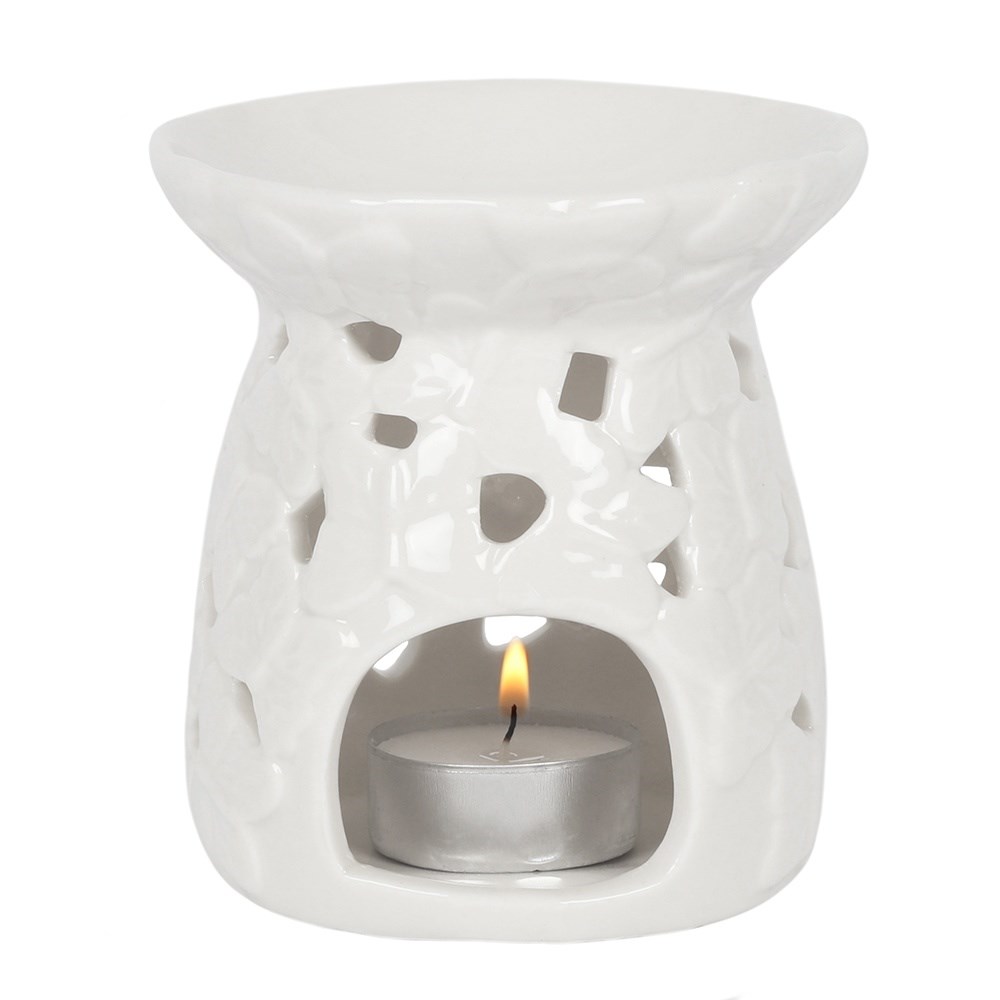Melissa is perhaps best known as lemon balm. As a recent addition to the aromatherapy chest, it is becoming increasingly popular as a sedative tonic. Its calming action makes it valuable for depression, anxiety and emotional upsets.
True melissa oil is very expensive as the leaves, flowers and stem of the herb are distilled an give only tiny amounts of the essential oil.
Use the oil sparingly
Melissa oil has a sweet, green lemony scent with floral undertones and only a drop of two is needed. It is wise to purchase the oil from a reputable dealer, as cheaper sources are likely to be adulterated by the addition of cheaper lemon and lemongrass oils.
Melissa, particularly blended with chamomile, heals inflamed skin and calms digestion. It acts on the uterus to regulate menstruation and give relief from painful periods.
Active Ingredients of Melissa Oil
Melissa oil has high concentration of aldehydes as well as esters and ketones.
Aldehydes
Melissa contains 92% aldehydes, such as citronellal, citral an geraniol. These are sedative and responsible for the oil's ability to slow the heartbeat. They are also anti-inflammatory.
Ester, ketones
Esters such as geranyl acetate are sedative, cooling and anti-spasmodic. Ketones are sleep-inducing, making melissa valuable for insomnia. They can be toxic, so use the oil in low concentrations.
Uses of Melissa Oil
Melissa oil is an expensive addition to your collection , but it's worth the price. Its sedative properties make it the best oil to reach for in times of stress or for allergy and PMS relief.
Menstrual Cycle
Melissa is a tonic for menstruation.
Combat PMS
In the says leading up to your period, add to a room vaporiser:
4 drops jasmine
4 drops geranium
2 drops melissa
For regular periods
Massage your abdomen and lower back with gentle movements using:
2 drops melissa
4 drops rose
6 drops geranium
40ml sweet alomnd oil

Melissa for a Body Under Stress
Melissa oil can treat both symptoms and causes of long-term stress and anxiety
For persistent insomnia, add 3 drops of melissa and 4 drops each of neroli and lavender to bath water.
To settle churning stomach butterflies, add 1 drop of melissa oil and 2 drops of ginger to a handkerchief for a calming dry inhalation.
Cold sores are sometimes triggered by stress. At the first tingle, blend 1 drop of melissa oil and 3 drops of tea tree in 5ml cider vinegar and apply to the skin. Do not use on broken skin.
Using Calming Melissa
Melissa's remarkable sedative qualities make it worth the expense for depression and anxiety.
Relieve stress
Gain relied from stress and nervous exhaustion with a full body massage using:

3 drops melissa oil
2 drops basil oil
8 drops lavender oil
50ml grapeseed oil
Melissa and lavender soothe, while basil calms.
Soothe irritability
Reduce irritability with a vaporiser blend of:
3 drops melissa
8 drops ylang ylang
5 drops chamomile
Ease anxiety
chronic anxiety can be eased by adding to a bath:
2 drop melissa
7 drops frankincense
4 drops ylang ylang
Melissa Folklore
The Greeks dedicated melissa to their goddess Diana, a Moon goddess of the woodlands associated with fertility and worshipped by women.
Prince Llewellyn of Glamorgan in Wales drank melissa daily to promote long life. He lived to be 108 years old.
Melissa is under the dominion of Juniper and the sign on Cancer.
Melissa is highly esteemed by bee keepers and honey produced by bees feeding on melissa flowers is regarded as nectar. In Greek mythology, the goddess Rhea fed it to her infant, Juniper, but hid it from her husband, the god Chronos.
Cooling Allergy Relief
Melissa oil's anti-inflammatory and cooling actions make it an invaluable addition to your essential oil blends for treating allergies.